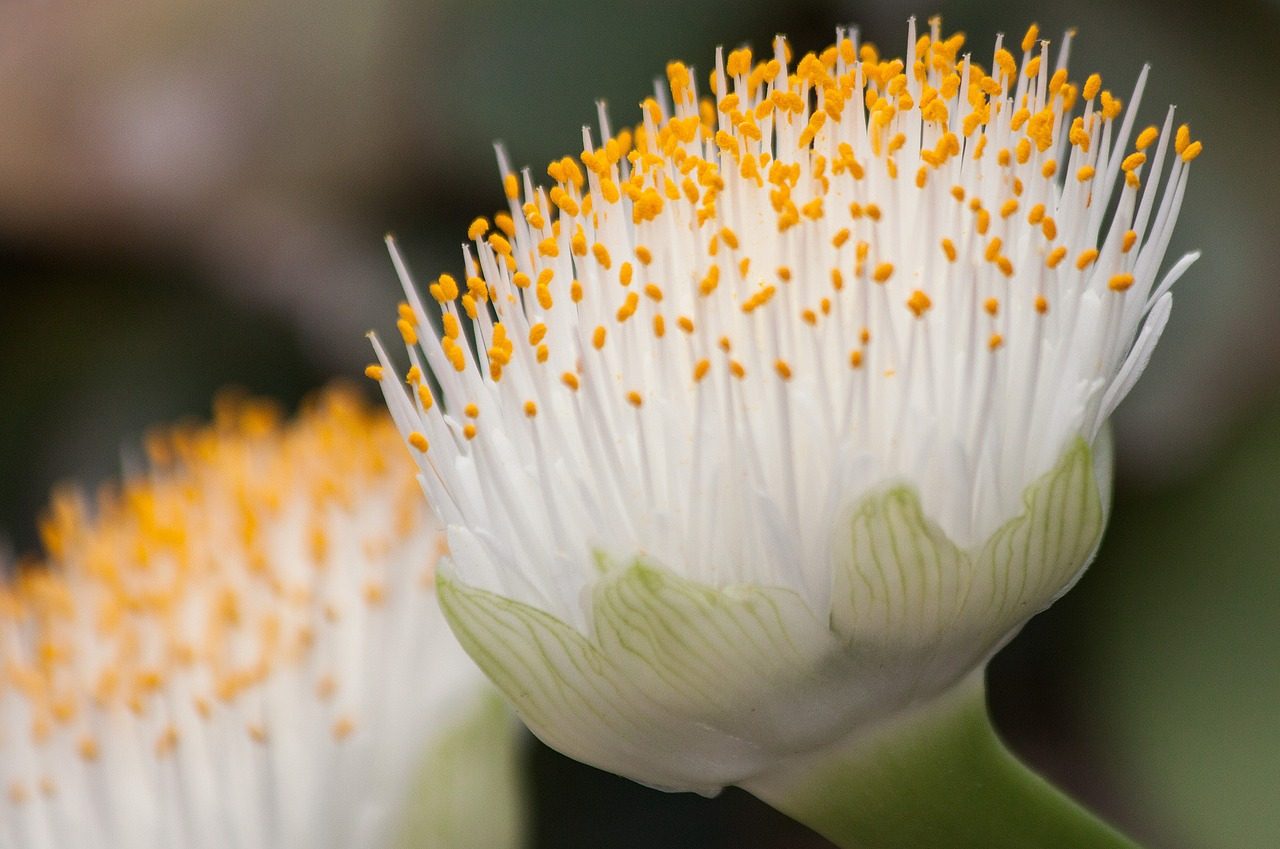
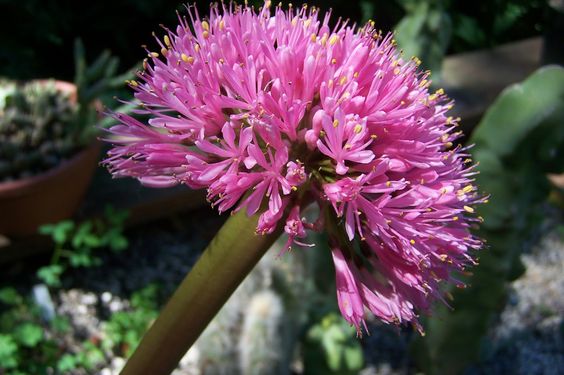
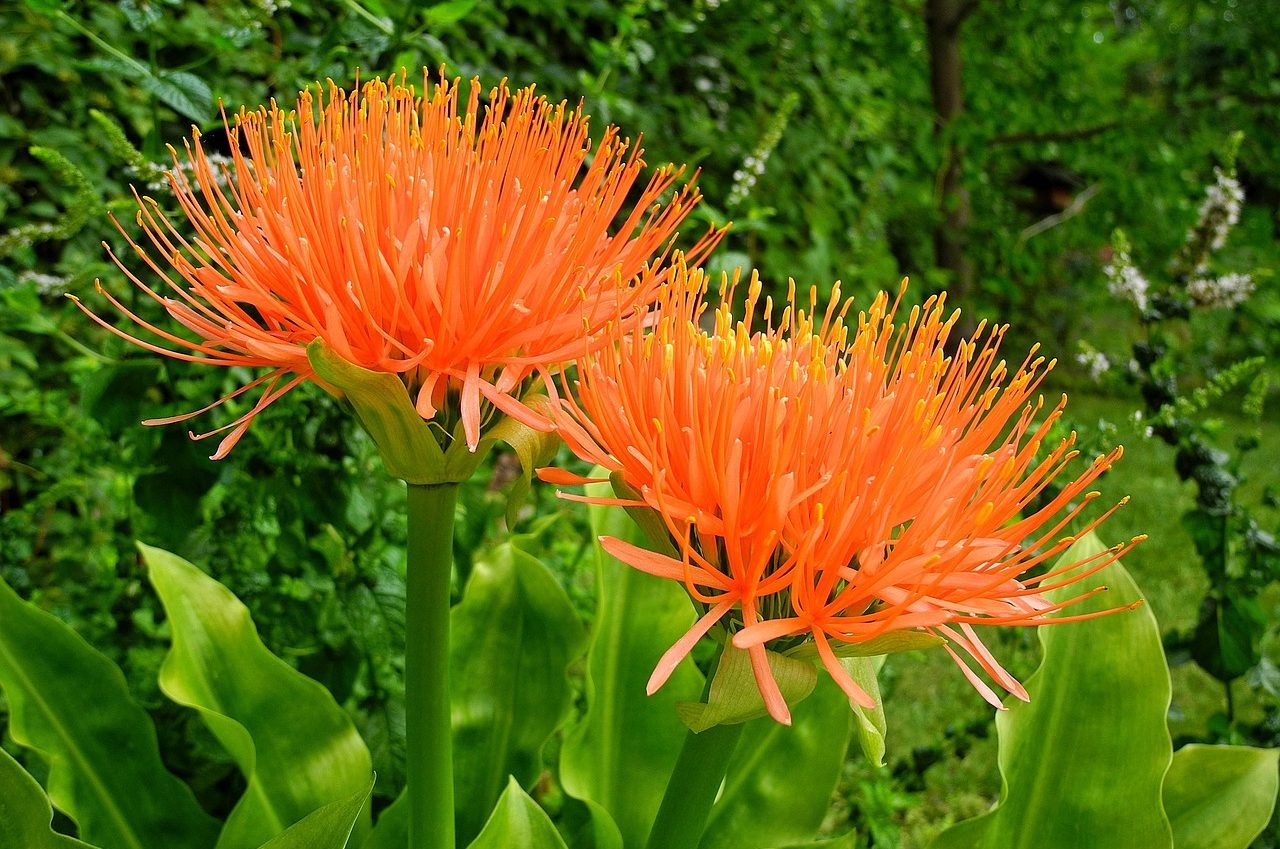
Haemanthus and Scadoxus
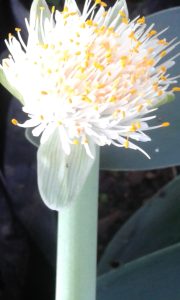
Haemanthus albiflos - White Powder Puff
An evergreen species. This shade-loving white paint brush is frost-tender and thrives in rich, well-drained soil. It does extremely well when allowed to crowd a flower pot. The green leaves are thick but soft to the touch. These are all mature, nursery-bred plants.
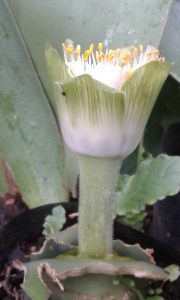
Haemanthus deformis - White Paint Brush
This is an evergreen species. The white paint brush is normally found growing deep in heavily shaded forests up against cliff faces. The leaves lie flat on the ground and each of the two leaves can reach up to 300mm X 250mm in size. It makes a great indoor pot plant.
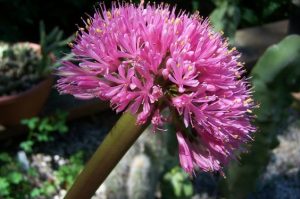
Haemanthus humilus - Pink Rabbit's Ear
This is a deciduous species with a definite winter dormancy. The slightly hairy leaves can sometimes reach 400mm in length and get to 150mm wide. The flowers range from creamy white to a pretty pink. It is relatively frost-hardy and does well in a pot, both indoors and outside in the elements. Medium amounts of water are needed and moderate amounts of fertiliser should be applied during Spring and Summer.
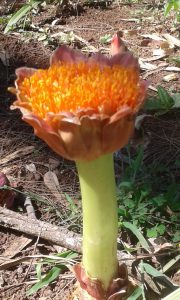
Scadoxus puniceus - Red Paint Brush / Snake Lily
This is the famed Snake Lily of Africa. Legend has it that it attracts snakes but that legend is wrongly founded upon the fact that the base of the bulb is coloured like a snake’s skin. This bulb can take temperatures down to freezing but prefers semi-shaded gardens. It also does well in a pot on the patio. The flowers can reach up to 450mm in height. Although it mostly flowers in late winter, flowers often pop out at almost all times of the year. Medium amounts of water are needed and moderate amounts of fertiliser should be applied during Spring and Summer.
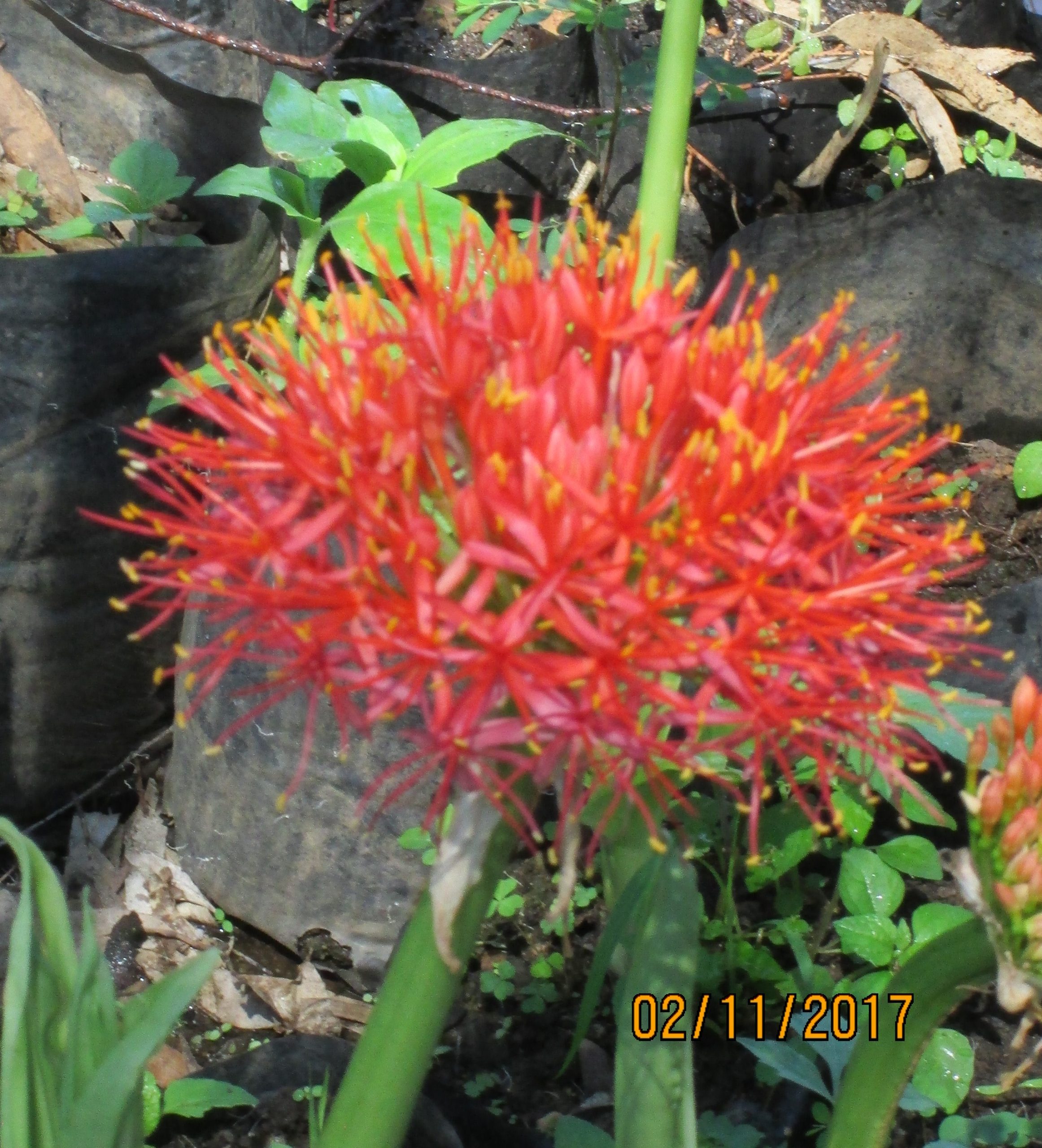
Scadoxus multiflorus - Blood Lily
Another wonderful export from Natal, South Africa. The Blood Lily bears wonderful masses of red flowers on stems reaching 1m in length. The flowers can last up to 30 days in a vase in the house. This is a frost-tender plant; although it can sustain temperatures that go down to freezing, it must be protected from frost. It does not do well in direct sunlight. Feed well in Spring and Summer and most go dormant in Winter. Flowers are from Spring to Early Summer.
